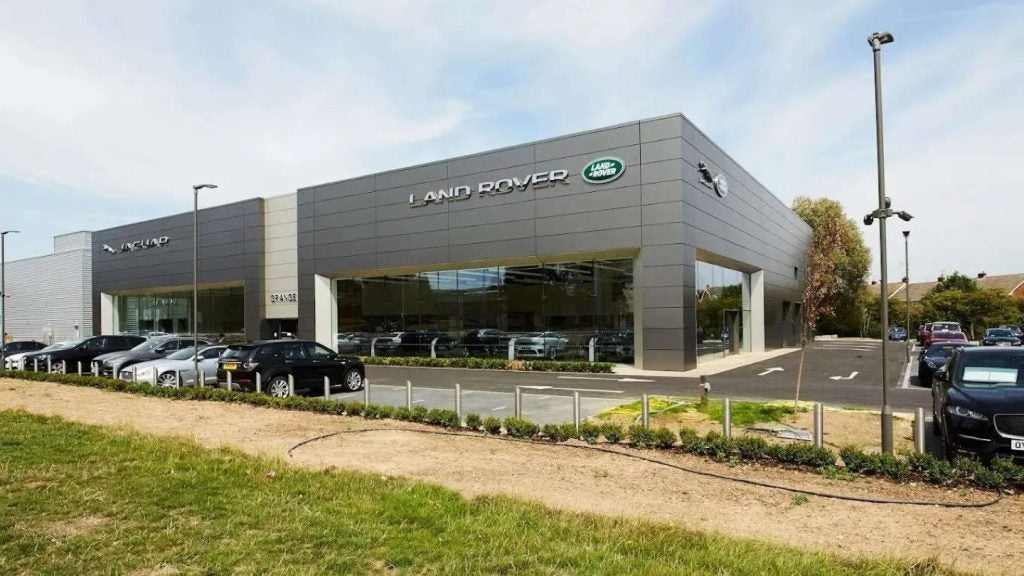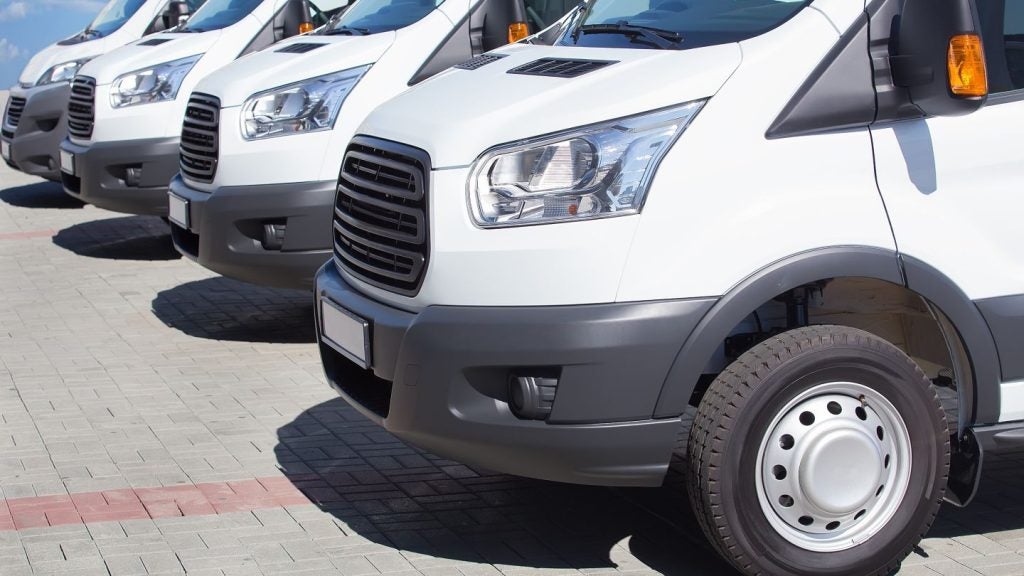The issue of overloaded recovery trucks is a growing but often unrecognised problem in the motor finance industry. Jamie Palmer, head of group operations for Anglia UK, explores the issue in more detail.
I spend a lot of time behind the wheel. My work in the motor finance industry takes me all around the country and the more time I spend on the road, the more concerned I become about a largely hidden but nevertheless serious problem – overloaded recovery trucks.
This is a growing but often unrecognised problem in our industry and one of the areas most affected is the transportation of new and end of lease cars on 3.5 tonne trucks, plus those that are repossessed or voluntarily terminated. While a smaller car, such as a Vauxhall Corsa or BMW 1 series, is light enough to be transported on a 3.5 tonne truck, the majority aren’t.
Why does this matter? It matters because it significantly endangers other road users and the problem is only set to get worst with the introduction of new, heavier electric vehicles.
Many of these breaches of the law, I’m sure, are unintentional but there are undoubtedly rogue operators, who openly flout the regulations and are in breach of their insurance by not possessing the correct licences or operating safety procedures. And they do this because they usually get away with it, allowing them to undercut professional and compliant operators on price.
I feel passionately about this issue, having read too many headlines of avoidable fatal crashes caused by an overloaded truck. Tighter margins have seen many operators switch to smaller, more economical trucks in a bid to remain competitive, but this practice is risking lives on the road.

US Tariffs are shifting - will you react or anticipate?
Don’t let policy changes catch you off guard. Stay proactive with real-time data and expert analysis.
By GlobalData“It’s time to unite and call out those operators who are dragging down our reputation as a professional and essential service provider.”
During 2019 Anglia UK transported just over 27,500 vehicles and fewer than 40 percent could be legally carried on a 3.5 tonne truck. This means that the vast majority of cars being transported on these smaller commercial vehicles are being done so illegally.
It’s promising to see more police forces taking the situation seriously, with large fines being imposed. But they have limited resources, and we need to take a stand collectively against such rogue and dangerous operators.
In my capacity as head of group operations for Anglia UK and as a member of the FLA VRAC (Finance & Leasing Association’s Vehicle Recovery and Collection) group, we have been working with the FLA to set out guidance for the safe transportation of vehicles by the Repossession business.
Education is also part of the answer. The key lies with possessing the correct licensing, including a valid Goods Vehicle Operator’s Licence (O-Licence). An O-Licence is required to carry goods in/on any vehicle where the maximum weight of all items (transporter, driver, fuel, and payload) exceeds 3,500kgs.
Our industry knowledge suggests this is generally when you need to carry a vehicle (payload) of more than 1,500kgs, as 3.5 tonne transporters typically weigh approx. 2,000kgs (and that’s before the fuel, tool, and driver weights are included).
Holding an O-Licence also means the fleet operator has to adhere to reputable practices, such as six-weekly maintenance and inspections on vehicles and trailers as well as checks on driver hours and qualifications.
It’s time to unite and call out those operators who are dragging down our reputation as a professional and essential service provider. This will drive-up standards, reduce the risk of accidents and save lives.







